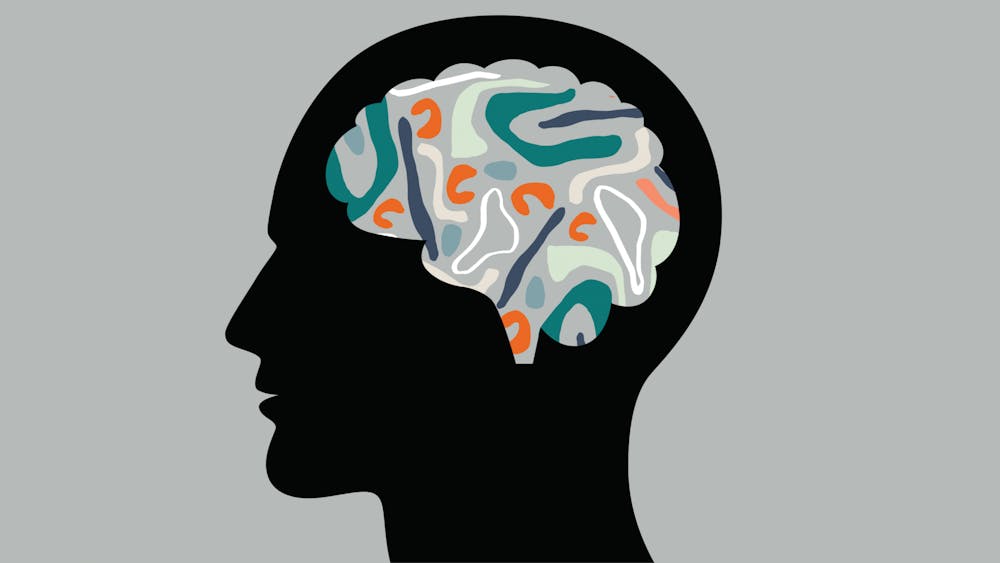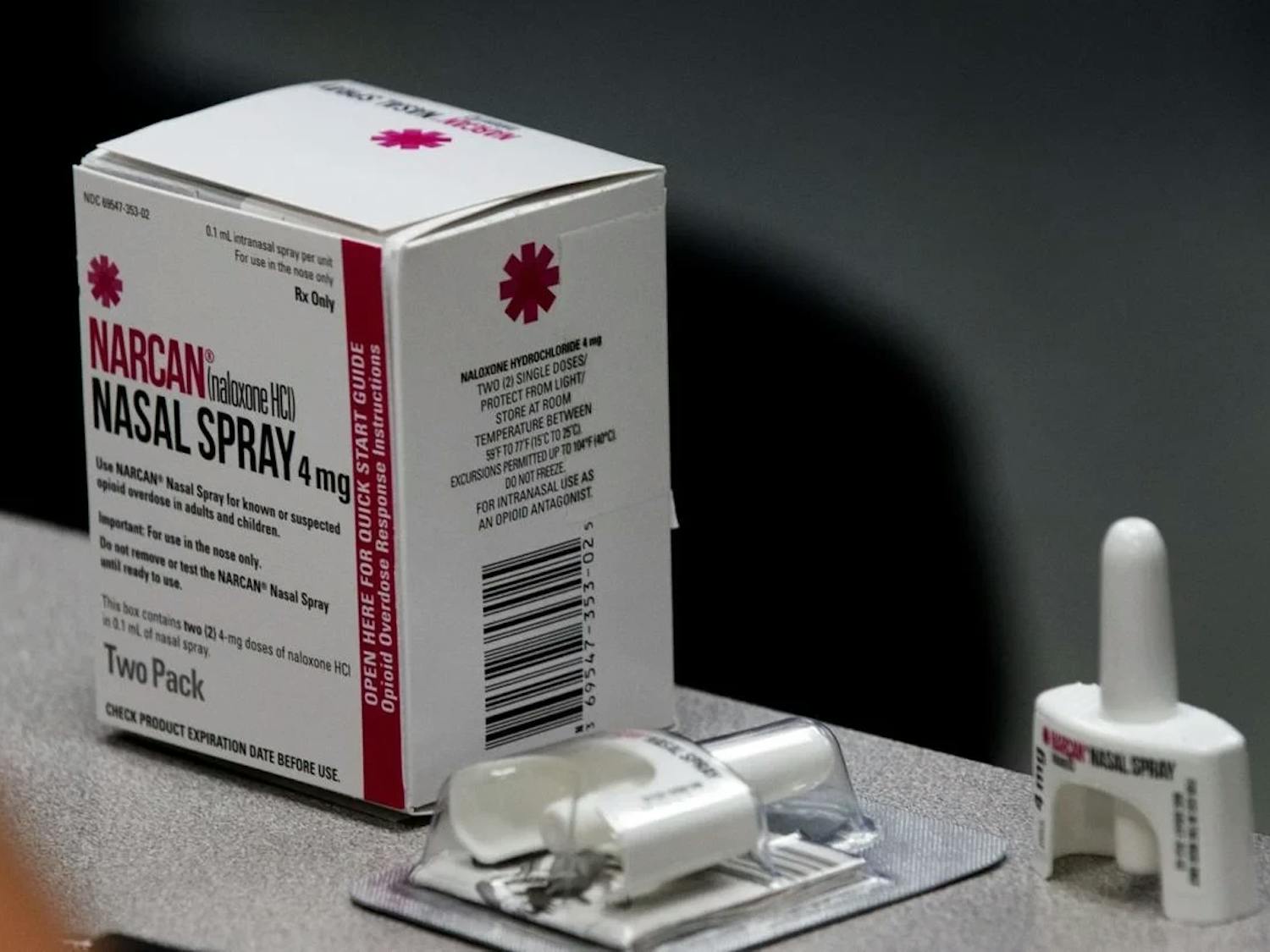A trend I have noticed on TikTok over the past few years is the upsweep in content discussing neurodiversity and what it is like to live with these diagnoses. I am someone with ADHD, dyslexia, PTSD, anxiety and depression, as well as chronic health issues i.e., postural orthostatic tachycardia syndrome (POTS) and Hashimoto’s disease, so I am all for the de-stigmatization of these conditions, and more, through healthy conversations.
However, one thing I have also noticed is the upsweep in neurotypical people jumping on the “neurodivergent bandwagon” claiming some of these conditions as their own, despite lacking a full understanding of what it means to live with them.
A good example of this is those “put a finger down” videos which list vague symptoms or patterns and attribute them to a specific condition and if you put more than “x” number of fingers down, you have the condition. People will use this as the end-all-be-all for a diagnosis, instead of using this as for further consideration, or a push to speak with a medical professional before self-diagnosis.
This isn’t to say that neurotypical people shouldn’t talk about neurodiversity, or that neurotypical people can’t have things in common with those of us who are neurodivergent.
In fact, many facets of autism and ADHD overlap with things quote-un-quote normal people do as coping mechanisms. For example, stimming to reduce anxiety, struggling with to-do lists, having intense mood swings, misunderstanding social cues etc.
These are all things that neurotypical people may experience from time to time, but it becomes a problem when we start talking about it as, “I’m just a little ADHD too” or “sometimes I am such a Spencer Reed,” which diminishes the whole point as to why we are working so hard to de-stigmatize these conditions.
When I talk about “symptomology” in this article I am referring to what is, according to Oxford Languages, as, “the set of symptoms characteristic of a medical condition or exhibited by a patient.” So, these are facets of a medical condition, but symptoms do not equal a diagnosis. The same way if your left arm hurts it doesn’t immediately mean you are having a heart attack.
When we start speaking as though everyone has these conditions, we are invalidating the real struggle these people with ADHD, autism, dyslexia, bipolar disorder (BD), dissociative identity disorder (DID) etc. deal with on a daily basis. These are real disabilities that people live with.
I do not get to switch my ADHD on and off when it becomes inconvenient, so talking about these conditions as a personality “quirk” defeats the whole purpose as to why we are talking so much about them and their symptoms.
It seems as though we have swung the other way, and instead of acting as though no one has these conditions, people are now acting as if everyone has these conditions. It is just as harmful to swing the other way, especially when we consider the diagnosis process, imposter syndrome, masking etc.
But what quantifies neurodivergent in the first place? According to University of Washington (UW) Medicine, neurodivergent people are, “people [who] have brain function that is different from what is considered common or neurotypical by Western medicine.”
To that effect, neurodiversity is more about how the brain functions rather than the symptoms presented. This is why throughout this column; I have noted how symptomology does not equal a diagnosis.
Annette Estes, director of the UW Autism Center states, “‘It is powerful to realize that neurodivergence has to do with how someone’s brain is structured and functions, it’s a part of the variability in humans and life and it makes life on earth exciting and interesting and beautiful.’”
As I have said, and will continue to say, my emphasis is not that people aren’t experiencing symptoms, but that symptomology does not quantify a diagnosis. There is such heavy crossover and oftentimes symptoms are so vague that finding the true source can be very difficult.
According to a report from EveryDay Health, Dr. John F. Tholen, a retired cognitive psychologist explains that getting a diagnosis is an intricate process.
“As any professional can attest, making a psychiatric diagnosis is a complicated process that often requires subtle distinctions,” Tholen said. “There is a big difference between experiencing symptoms and having a disorder. If you suspect that you may have a mental condition, the best step is to seek professional confirmation.”
I will use my own diagnosis experience as an example. When I was in the sixth grade, I started to get sick, really sick. When I was little, I had been diagnosed with ADHD and dyslexia, but, up until this point, I had not received any further treatment from a psychiatrist or a therapist. During this time, I struggled with so many things I could barely function, I was anxious, depressed, I felt like I could never focus, I was having gastrointestinal (GI) issues, thyroid issues, the works.
It wasn’t until eighth grade that I started seeing what would become six different doctors and a therapist regularly to try and figure out what was wrong with me. This all takes a long time because you have to pick through all the symptoms and figure out what comes from where.
I was not fully stable with diagnosis and proper treatments until my senior year of high school. That is seven years of trial and error before figuring out the proper medication, therapies and procedures to get my body working the way that it is supposed to.
This is not a unique experience. According to IG Living, a blog dedicated to “bringing comprehensive healthcare information, immune globulin information, community lifestyle and reimbursement news,” the average diagnosis timeline for patients with rare diseases is 7.6 years in the US.
This is crazy because I am someone who is affected by some pretty common conditions. What made my diagnosis process so long was the overlap of symptoms with how interconnected the body is.
Let’s take ADHD for example. I was diagnosed when I was four years old which is pretty uncommon considering, statistically, women typically receive appropriate diagnosis in their mid-thirties to early forties according to the American Psychology Association. This is compared to the national average for ADHD diagnosis is seven-year-old according to Healthline.
Depression and anxiety are equally related conditions that can have similar symptoms to ADHD and autism. Actually, many with ADHD also suffer from anxiety and depression, but these other conditions can often mask underlying symptoms making diagnosis as you get older a challenge.
But what does all of this have to do with TikTok neurodivergent culture? It goes without saying that many people on the app do suffer with these conditions, and they share their very real experiences in order to spread awareness about them.
However, taking these at face value defeats the purpose. When we look closer, we see complex people with complex conditions that cannot be summed up as a couple personality “quirks.”
Creators like @Kyaandco, @atypicaltoker, @elysemyers, @ADHD_love and many others make amazing content where they educate about these conditions in a way that is fun and doesn’t invalidate the experiences of others.
So, overall, I don’t think that talking about neurodiversity is a bad thing, nor identifying with some of the symptoms. In fact, I encourage people to learn about these conditions and the ways in which they impact lives. However, neurodiversity isn’t something you can turn on and off or “develop” like a new personality trait.
Through these open conversations about neurodiversity, we can help people understand and recognize symptoms within themselves, or others, but this does not necessitate a diagnosis. If you feel you relate to any of these videos you may see on the platform, please reach out to a medical professional to seek proper treatment.
Abigail Godsen (she/her) is a freshman majoring in Applied Information Sciences. She is a reporter for The Campus Citizen. When she isn’t writing, Abby likes to cook, do crossword puzzles and drink a lot of tea. She can be summoned using tea, cardigans and books (according to her roommate Jackie).





